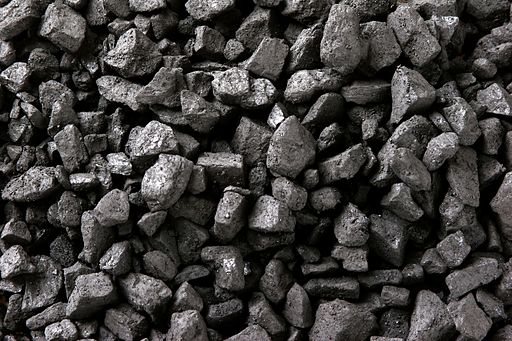A new partnership between UW’s School of Energy Resources (SER) and a New York-based energy technology company could provide a bump to Wyoming’s coal trade.
In the deal between the SER and Clean Coal Technologies, Inc. (CCTI), UW will provide data and support regarding coal deposits in the Powder River Basin to CCTI, allowing the company to further develop its patented ‘Pristine’ technology, which is especially suited to the kind of coal that can be found in the Powder River Basin (PRB). The desired result is to achieve a conversion process both cleaner and more efficient—and therefore more valuable.
“The first economic impact on the state would be that if this is successful and it makes a superior coal for the market, we’d love for them to be doing this in Wyoming,” Mark Northram, director of the SER, said. “Build a plant, hire people here, add value to the coal in the state … the longer term impact would be, as we compete favorably against these other coals, if coal plants choose to burn more Powder River Basin coal than, say, Appalachian coal, then our shipments go up, the tax revenue goes up.”
However, coal from the Powder River Basin is of a much lower quality, in its current state, compared to coal from other sources.
“PRB coal is termed to be one of the cleanest coals in the USA,” Richard Horner, Director of Special Projects at the SER, said. “But it has its disadvantages … one of those is that it contains a lot of water.”
Moisture content limits the energy value of coal and introduces a number of other difficulties to the process of converting it to energy—including but not limited to the potential for the coal to spontaneously combust during and after efforts to remove the moisture.
This problem is particularly challenging for PBR coal, as its unstable composition makes it costly to treat. A solution has been needed to separate the water and other volatile components without causing the coal to activate and burn, or go too far in the other direction and neutralize it.
“What CCTI have done is developed a very intriguing technology,” Horner said. “They’re re-arranging the solid and liquid molecules of the coal in a very clever way, whereby they achieve all the objectives that we want to beneficiate it; remove the water without affecting the stability of the coal, so that it can be consumed without the problems of spontaneous combustion.”
Those problems also pose unique obstacles to the sale of PRB coal abroad—such as in Asia, where many countries have a high energy demand that Wyoming can meet through coal production and shipping. Spontaneous combustion remains a potential hazard even during transit.
“The last thing you want is coal in the hold of a ship or coal car that spontaneously catches fire,” said Northam.
With CCTI’s technology coming to Wyoming, these problems may well be addressed, with the result of improved, higher-quality coal that is safer to handle and more valuable for the state.



